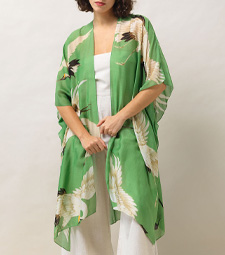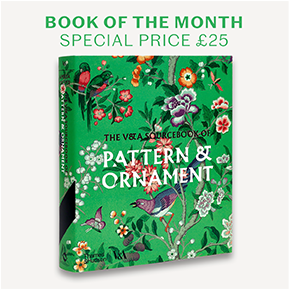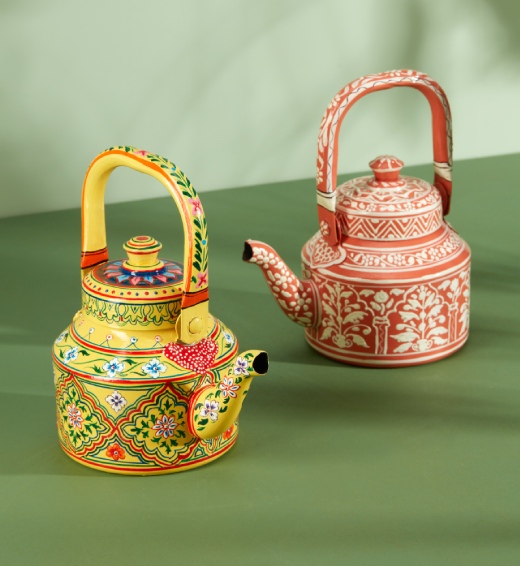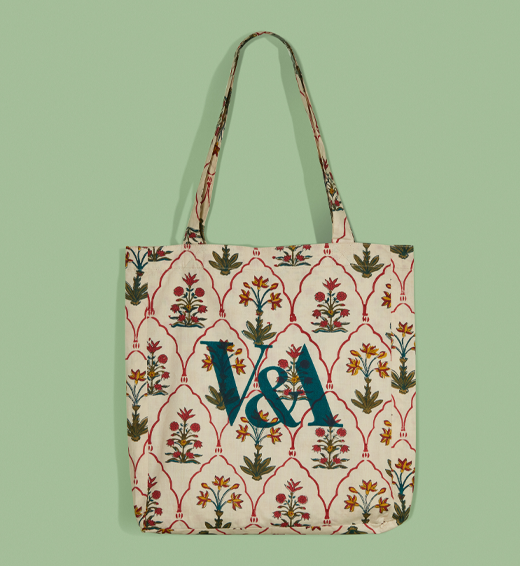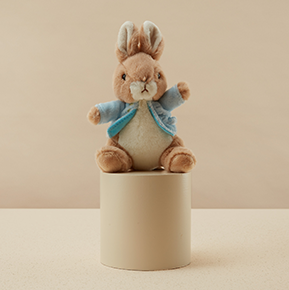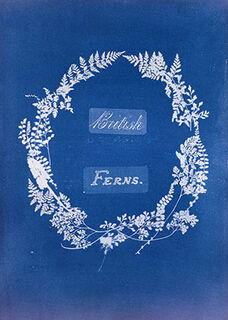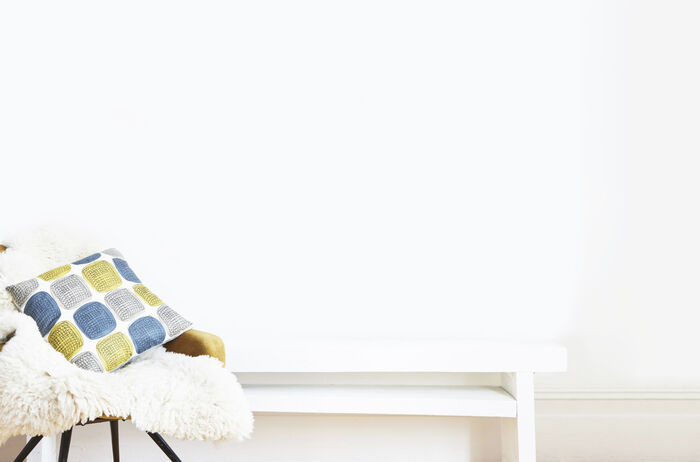- Details
- Delivery & Returns
- About custom prints
British Ferns
Cyanotype by Anna Atkins (1799 -1871)
England, 1854
The title page from 'British and Foreign Flowering Plants and Ferns', Atkins' documentary album in a pioneering photographic technique.
Custom printed on semi-gloss 250gsm premium lustre photo satin paper.
Delivery
Our standard delivery charges and estimated timescales are as follows. Selected product exceptions apply; see product details. International deliveries may also be subject to customs fees or taxes upon arrival, which are your responsibility.
Custom prints
Each print is made to order and dispatched separately to other V&A Shop products, for UK delivery only. The charges and estimated timescales below are in addition to our standard delivery charge when bought together with a V&A Shop product. However, delivery is free for all orders over £60.
Returns
We hope you are happy with your V&A Shop purchase. However, if you are not, most items are eligible for a full refund, subject to the criteria below. Refunds are offered for items in an unused, unopened condition, and with original packaging – with the following exceptions. This does not affect your statutory rights.
The following items are excluded from our returns policy and cannot be refunded unless faulty, damaged, or not as described:
- Custom prints and other items made to your specification or personalised;
- Items that have been sealed for hygiene reasons, where the seal has been broken, such as beauty products, soap, pierced earrings, hosiery, socks, sunglasses and face coverings;
- Perishable or edible items such as flowers or food;
- Memberships, tickets for exhibitions, bookings for events and courses.
For full details, visit our Delivery & Returns page.
From our gallery walls to yours
High quality art prints of images from across the V&A collections. Spanning Japanese woodblock prints to book illustration, textile designs and photography this collection of prints offers a glimpse into the rich and diverse nature of the V&A.
Made in England on the Sussex coast by leading print producers King & McGaw, our prints are hand finished and framed by skilled craftsmen using responsibly sourced materials, carefully packaged and delivered directly to your door.
The process is simple:
1. Select an image
2. Choose your preferred size and frame
3. Place your order!
Additional details
PAPER:
We use fine art paper sourced from UK paper mills for our prints. The paper type has been chosen to best suit the original artwork.
INKS:
Each artwork is giclée printed using archival quality inks.
MOUNT:
Acid free, extra thick smooth white mount board with a white core.
GLAZING:
We use clear acrylic glazing for safety and longevity.
FRAMING:
Framed by hand in Sussex by skilled craftsmen using responsibly sourced materials, the finished product has a taped back and is supplied ready to hang.
PACKAGING:
Each print is carefully packaged to ensure safe transportation, using 100% recyclable materials.
COPYRIGHT:
Please note that a copyright line is included under the image.
British Ferns
Paper size
Please select-
Small
23 x 30 cm
-
Medium
31 x 40 cm
-
Large
46 x 60 cm
-
Extra-Large
62 x 80 cm
Frame type
Please select-
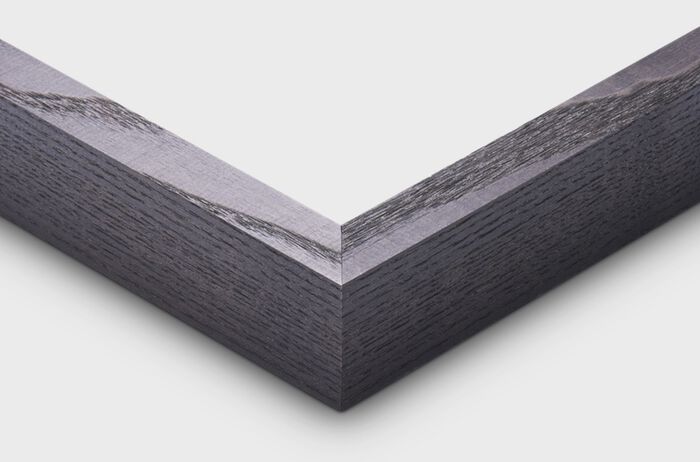 Black
Black -
 White
White -
 Natural
Natural -
 Unframed
Unframed
- 1.5 cm black stained ash box frame - stained and waxed
- semi-gloss 250gsm premium lustre photo satin paper
- cm white mount - acid free, extra thick smooth white mount board with a white core
- Printed image size:
- Total framed size:
- Total size:
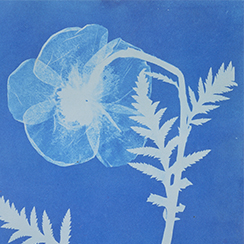
Anna Atkins
Anna Atkins was the world’s first woman photographer. She was a botanist as well as a skilled scientific draughtsman, contributing the drawings of shells for her father the zoologist John George Children F.R.S's translation of Lamarck's Genera of Shells 1823. She was also the first person to print and publish a photographically illustrated book, British Algae (1843). She took up what she called ‘Sir John Herschel’s beautiful process of cyanotype’ as soon as it was invented in 1842. To make a ‘photogram’ with the cyanotype process, the photographer laid an object on paper impregnated with iron salts, then exposed the paper to sunlight for a few minutes. When washed in water, the area where the plant had blocked the light remained white, but the area that was exposed came out a rich blue.

